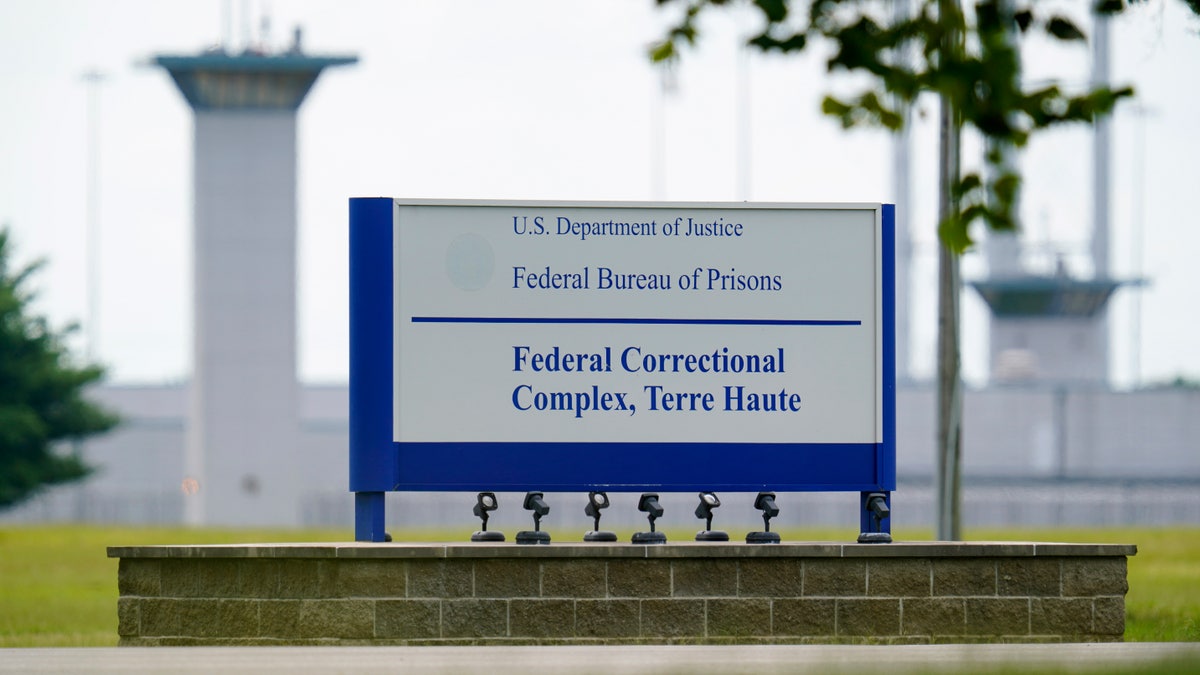Fox News Flash top headlines for January 14
Fox News Flash top headlines are here. Check out what's clicking on Foxnews.com.
A drug trafficker sentenced to die for his ties to seven murders in Virginia in 1992 was executed Thursday night in Indiana after a U.S. Supreme Court ruling on his coronavirus diagnosis cleared the way for his death, according to reports.
"I am OK. I am at peace," Corey Johnson, 52, said before he was put to death, according to The Associated Press.
"I am OK. I am at peace."
Johnson was strapped to a gurney and injected with lethal doses of pentobarbital, according to Reuters.
Before his final comments, Johnson said he was "sorry for my crimes," that he was "not the same man that I was," and wanted the slaying victims to be remembered.
He also thanked his minister and lawyer, the AP reported, and said his final meal of pizza and a strawberry milk shake was "wonderful," but added he didn’t get the "jelly-filled doughnuts" he wanted.
Earlier Thursday night, the U.S. Supreme Court had cleared the way for Johnson’s execution – one of the final two executions planned by the Trump administration.

The federal prison complex in Terre Haute, Ind., is seen Aug. 28, 2020. (Associated Press)
The high court rejected a lower court’s ruling that the executions should be delayed because the two death-row inmates were suffering from the coronavirus.
The other convict, Dustin Higgs, was scheduled to be executed Friday night following the court’s ruling, Reuters reported.
On Tuesday, U.S. District Court Judge Tanya Chutkan had ordered the executions of both Johnson and Higgs to be delayed until at least March 16 to allow both men time to recover from the coronavirus.
The judge had ruled that the virus might cause inordinate suffering during their executions because of their coronavirus-damaged lungs, according to Reuters.
But in a 2-1 ruling, the U.S. Court of Appeals for the District of Columbia Circuit overturned Chutkan’s stay, declaring that death-row inmates were not guaranteed "a painless death."
CLICK HERE FOR COMPLETE CORONAVIRUS COVERAGE
Johnson was convicted of murdering seven people in Virginia in 1992 in connection with a drug operation. His lawyers argued that he should have been spared execution because of an intellectual disability, but the 4th U.S. Circuit Court of Appeals and the Supreme Court both rejected that argument, Reuters reported.
Higgs was convicted of overseeing the kidnapping and murder of three women in Maryland in 1996 but did not kill anyone himself, prompting his lawyers to argue he should be spared execution.
The Trump administration resumed federal executions last year after a hiatus of 17 years but the incoming Biden administration is expected to pursue abolition of the death penalty, Reuters reported.
The Associated Press contributed to this story.











































